Academic Environment
|
There are a number of factors that can distinguish between the performance of one school from another. One of the fundamental aspects of this is entry behavior i.e. a teacher handling a class of 50 'A' students will not experience the same way as a teacher handling a class of 50 'D' students. The technique, pedagogy and approach that can be used to address the two classes can differ for various reasons. Due to this, the MOEST - The Kenyan Ministry of Education Science and Technology has deviced a better way of appraising teachers than the traditional ranking of schools methods. The MOEST has found it fit to look at VAP rather than astronomical grades.
Value Added Progress means that a teacher should better the grade of a student or at worse maintain it from his/her initial grades we call entry behavior.
Putting this into considerations, this article is not about making and 'E' student to 'A' student rather to improve the grades of your subjects as a teacher. The pedagogical strategies listed below have been used by many schools and proved to be efficient and productive.
1. Cover the syllabus at least 3 months before KCSE/KCPE Examinations
After your students report in form 1, make a plan to cover the syllabus for form 1- form 4 in four and half years so that you can save some time to revisit areas that your students failed to understand and practice extensive revision. Mathematics and Chemistry tend to have a wide burdening syllabus and if you are handling low grade students, the experience to cover the syllabus in time will be a daunting task but with an early plan, it is possible to clear the syllabus by mid of June of every fourth year.
Majority of teachers are reluctant in the first two years only to realise later that they had a task at hand to clear the syllabus, later they all scramble to the form four class. This overworks candidates and any academic content they may be absorbing will be minimal to make any difference. Therefore teachers, syllabus coverage starts as early as form one to create room for soft landing later in form four. Timely syllabus coverage is the key to the beginning of achieving good grades. 2. Embrace Extensive revision
This factor is dependent on syllabus coverage, this is why syllabus coverage is the key to better grades. There are a number of strategies one can employ to deliver an excellent revision exercise. they include:-
3. Test your students with standard examinations
Quality examinations has the following characteristics:-
4. Encourage your students
Use a lot of encouragement on your students. This motivates and gives your students a psychological headstart that is key in building confidence. Other strategies to apply is reinforcement and empathy.
Most students who are exposed to a lot of talk through counselling and guidance and a good teacher-student relationship tend to realise their weaknesses earlier enough to correct them. Engage your students in dialogue and constructive criticism. 5. Self Sacrifice
The time provided by the ministry is not enough to put your things in order. This calls for self sacrifice. This is an ethical issue. If you let your students understand that you are sacrificing for them, they may change attitude and cooperate more thus, achieving your goals will be easier and quicker.
6. Use diverse textbooks and teaching tools and aids
Use of different books in teaching as a source of reference and other teaching aids is crucial in expansion and clarification of knowledge. This is because students learn better in different methods used, language phrase or expressions used. Diversity can bring a positive impact however if not used well, can also be misleading. It is therefore your work as a teacher to decide and advice which books your students need to acquire.
7. Invite an examiner to talk to your students
Examiners are trained on how examinations are marked. Therefore, they are rich in knowledge of the same. Invite them earlier enough to create room to eliminate errors before D-day.
One can also invite subject elites in the society and technocrats to share their experience with students.
0 Comments
|
RSS FEEDS
ARCHIVES
Archives
May 2024
CATEGORIES
Categories
All
|
We Would Love to Have You Visit Soon! |
Hours24 HR Service
|
Telephone0728 450425
|
|
8-4-4 materialsLevels
Subjects
|
cbc materialsE.C.D.E
Lower Primary
Upper Primary
Lower Secondary
Upper Secondary
|
teacher support
Other Blogs
|

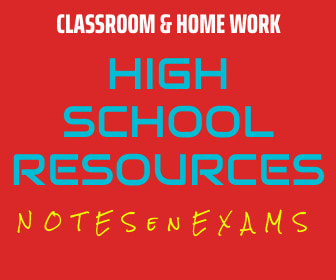
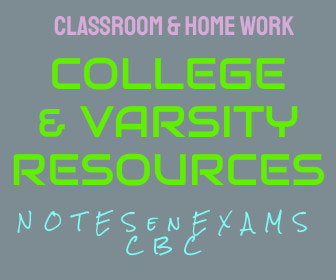
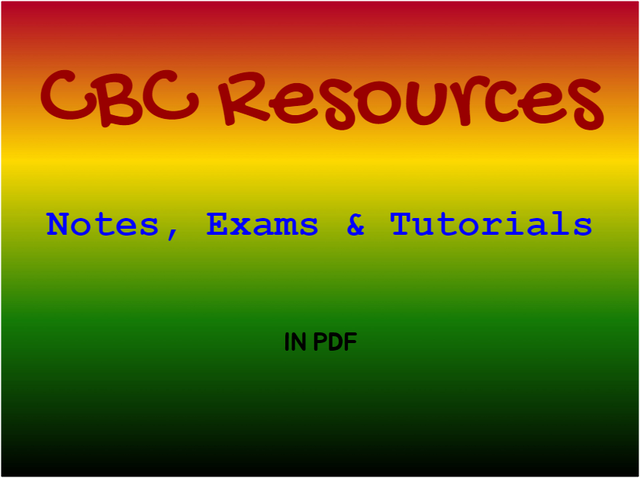
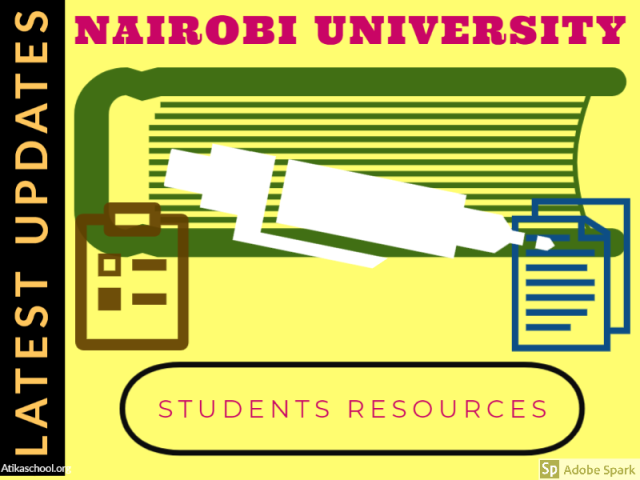
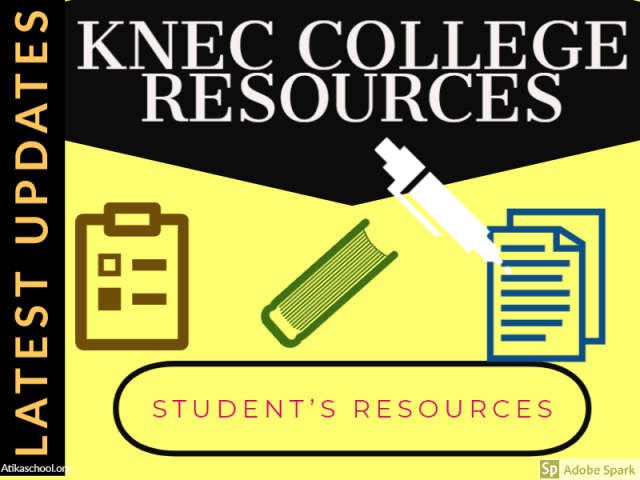


 RSS Feed
RSS Feed